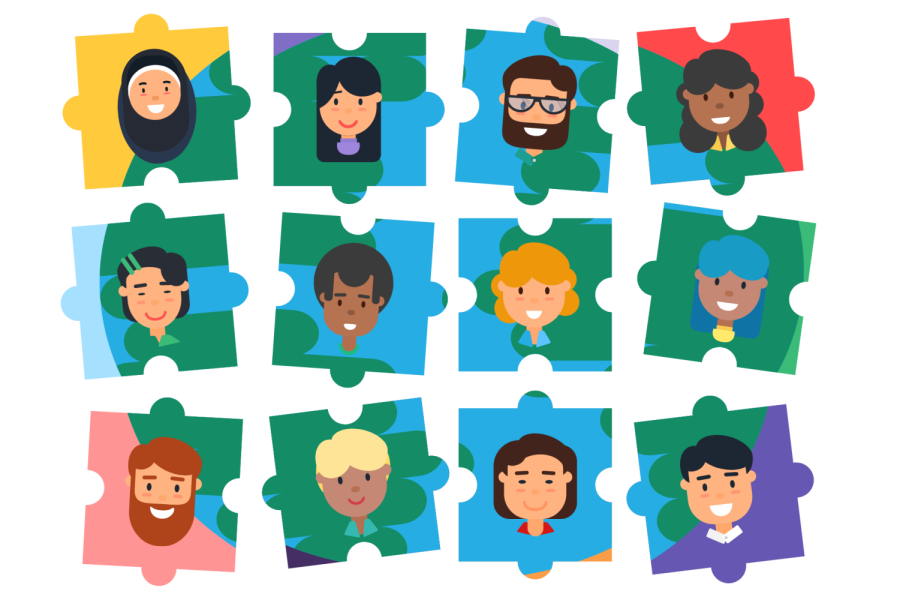Why we are the way we are
Used with Permission by Canva for Education/barsrind
Someone’s life could turn out so differently just based on their childhood
November 3, 2022
Ever wonder why everyone ends up different? How can two people have completely differing views on one topic? The truth is, how a person is raised has a lot to do with how they will turn out as a teen and an adult. Whether parents are overprotective, under protective, supportive or unsupportive, it all plays a part in who their child will grow up to be. Childhood experiences affect a person’s behavior and personality all the way into adulthood. This is happening even without our awareness. It is important to have a healthy foundation set from the very beginning. “Early childhood experiences from birth to age 8 affect the development of the brain’s architecture, which provides the foundation for all future learning, behavior and health,” said NCDHHS.
One interesting piece of our childhood that plays a role in who we turn out to be is birth order. This means the oldest to the youngest child. “The oldest children (or only child) are likely to grow up and be good leaders, do well in school and be high achievers, be ‘good,’” said Psychology Today. This can also lead them to be people who always walk on eggshells. Think about how parents might treat their firstborn (or only born). Obviously, they are going to be slightly more overprotective and sensitive to how this child is treated. The oldest child is most likely to be held to the highest standards and expectations.
Next up are the middle children. “The middle child is often described as struggling to grab the parents’ attention at all. They are often labeled the forgotten child, the lost child, the one who gets overlooked,” said Psychology Today. It is commonly referred to as “middle child syndrome.” This is when they feel ignored, excluded or even neglected solely based on their birth order.
Last but not least, we have the babies of the family. Everyone knows the youngest child gets “babied” aka spoiled. The last child is revoked from lots of the rules that were set with the first kids or even gets special treatment. “But it can also lead to anxiety,” said Psychology Today. Always having a parent or sibling step in to take care of things for them, causes them to not learn how to take care of themselves. This may lead to overwhelming feelings in adulthood.
In addition to birth order, there are some other factors that may go into how a person’s personality develops. “Our early experiences shape our belief about ourselves, others and the world,” said Chrysalis Courses. Therefore, family dynamics, sibling closeness and relationships, role models, etc. all play a role in forming a personality. Childhood can shape a person into who they will be, but it does not have to be the only determining factor. It is important to form a person to grow up and find their only morals and values no matter what their household may have looked like growing up.









